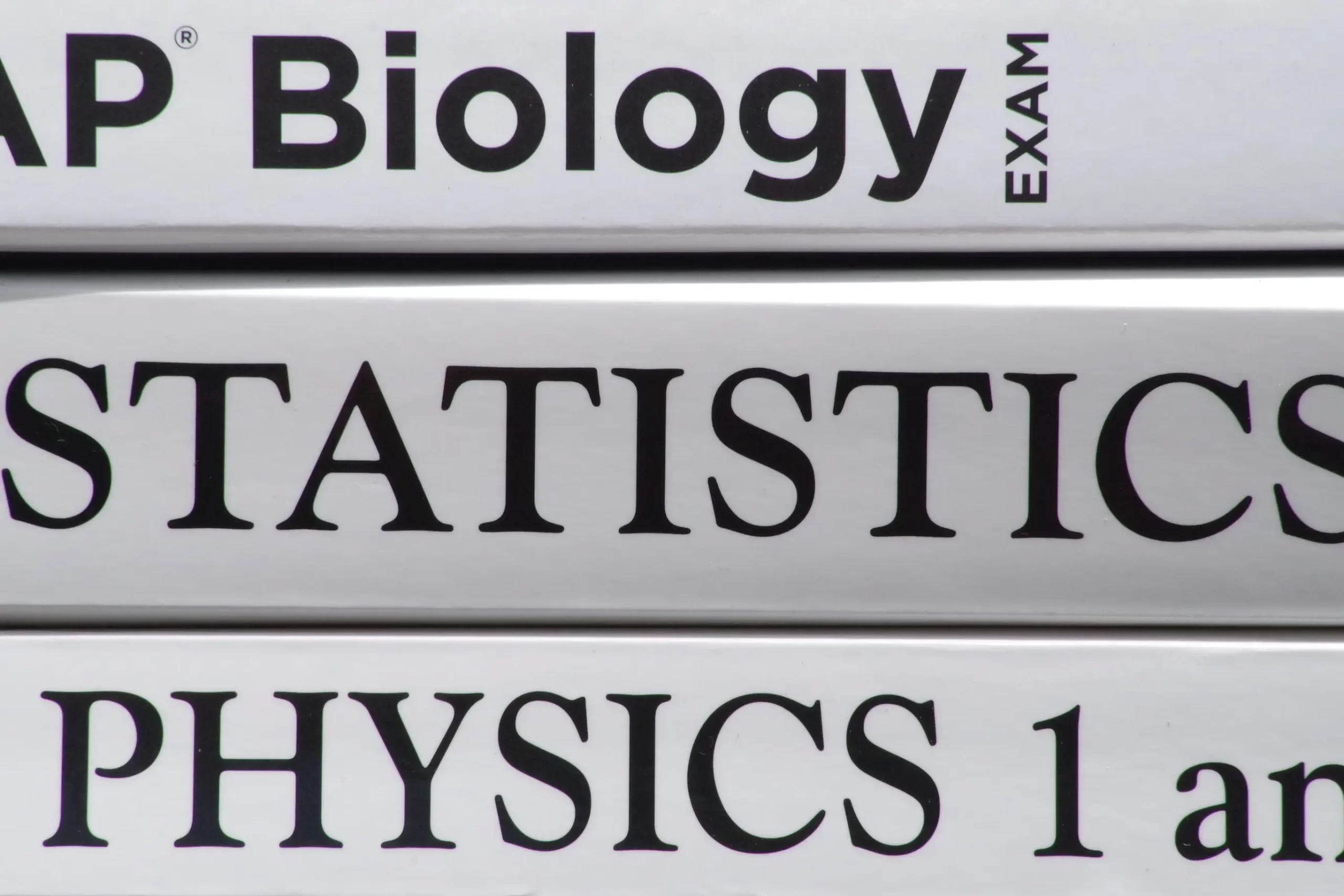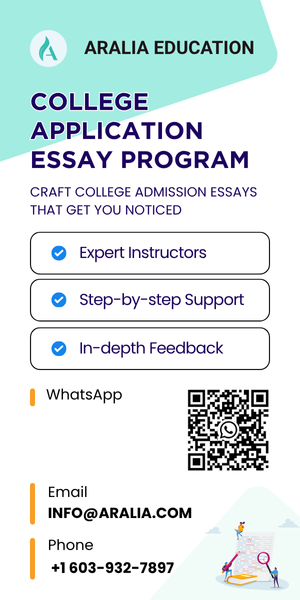Before going into the AP study guide for each month, students should set up a list of goals they want to achieve. Setting goals is essential to help students stay grounded and follow through with their plan from beginning to end. To create practical goals, students should follow the SMART structure: Specific, Measurable, Achievable, Relevant, and Time-Bound. Specifically, your goals should be simple and specific so everyone can understand. Additionally, it should be measurable; that is, you should be able to quantify what you hope to achieve. Moreover, the goal should be achievable and within your capabilities. It should also be time-bound, with a specific deadline. Overall, your goals should be written in detail with quantifiable achievements within a specific timeframe. For example, an excellent SMART goal would be to memorize 100 SAT medium words within two weeks.
Now, let’s get to the planning phase!
January AP Study Guide
Since Advanced Placement courses are usually one year long, the spring semester will slow down and focus more on material review. Therefore, during the month of January, you should start practicing self-assessment to evaluate your knowledge and skills and create a comprehensive study plan for the upcoming months. CollegeBoard has released the 2021 exams on the AP Central website to help you better prepare for and review before the big exam. We highly recommend that you only do one practice examination for evaluation purposes this month– ideally the last year’s examination because its content will be most similar to this year. Once you get the results, be honest and see which areas you need to improve. If the score you received is not up to your expectations, don’t worry because you still have three months to improve your score.
Write down what you missed and what you have already mastered. Then, you can use this information to create a AP study guide, and a specific timeline to review the topics. However, please remember that you will also have to continue learning new knowledge during this time. Therefore, make sure that you can understand and comprehend the new information while retaining the old information.
After the self-assessment, you can start creating a study plan for the upcoming three months. We have published a study plan related to AP Macroeconomics and Microeconomics based on Magoosh’s study plan. Depending on what test you’re taking, the schedule may vary.
| Week | Practice Test | BC Review |
| Week 1 (2/5 – 2/11) | 2 Practice Tests | Review test |
| Week 2 (2/12 – 2/18) | Basic economic concepts | |
| Week 3 (2/19 – 2/25) | Supply and demand | |
| Week 4 (2/26 – 3/3) | 2 Practice Tests | Review test |
| Week 5 (3/4 – 3/10) | Production, cost, perfect competition model | |
| Week 6 (3/11 – 3/17) | Imperfect competition | |
| Week 7 (3/18 – 3/24) | 3 Practice Tests | Review test |
| Week 8 (3/25 – 3/31) | Factor markets | |
| Week 9 (4/1- 4/7) | Market failure | |
| Week 10 (4/8 – 4/14) | 3 Practice Tests | Review test |
| Week 11 (4/15 – 4/21) | The role of government | |
| Week 12 (4/22 – 4/28) | 3 Practice Tests | Review test |
| Week 13 (4/29 – 5/6) | Practice Tests | All topics |
| Tue, May 7, 2024 | AP Microeconomics Exam! |
Checklist for January:
- Do 1 practice test
- Gather practice test materials
- Review the old concepts of each AP test
- Create a study plan for the old and new concepts
February
With the plan you made in January, you are ready to make positive improvements to your grades and your learning journey! Starting this month, you should focus on absorbing and reflecting on the new knowledge learned during the beginning of the spring semester, as the information is fresh and easy to recall.
However, keep in mind that AP course materials become more advanced as you progress through the units, meaning that they build upon the knowledge you’ve already learned. Therefore, it’s important to master the fundamentals in order to understand the more advanced material. So, while learning advanced materials, also review foundational knowledge to ensure a thorough understanding.
Checklist for February AP Study Guide:
- Reviewing ⅓ of the topics learned
- Redo questions from the previous month’s practice tests
- Do 2 practice tests
March
March will be one of the most challenging months for high school students, especially with midterms being right around the corner. You will have to study for the mid-term, revise foundational knowledge for AP tests, and learn the new and difficult course material. Because this month will be challenging, we recommend that you pay 100% attention and focus during this month, as your performance will partially determine your college application and high school graduation. While learning new materials, you should always take notes and write down any difficult concepts you want to revisit later.
During this time, you will also have spring break to catch up. You may use this time for relaxation after the mid-term; however, spring break is an important time for you to review or get a head start on learning for the AP exam. You should aim to do various practice tests and spend time reviewing any incorrect answers.
Checklist for March:
- Reviewing ⅓ of the topics learned
- Redo questions from the previous month’s practice tests
- Do 2 practice tests
- Write down the knowledge you recently learned
April
During this month, you will have more free time to focus your energy on preparing for the Advanced Placement exams in May. This month, you should really spend the time taking practice tests in a realistic testing environment: timed tests, no outside distractions, etc.
- Reviewing ⅓ of the topics learned
- Redo questions from the previous month’s practice tests
- Do 2 practice tests with the controlled environment
- Write down the knowledge you recently learned as lists
May
The Advanced Placement exams normally happen in the second and third week of May; so you won’t have much time to prepare or revise. You should not try to spend time learning new things. Now, just focus solely on filling in what you’re missing. As the AP exam approaches, it’s crucial to take care of your mental and physical health. Stressed, burned out, and tired are common feelings that students experience during this time. If you ever feel that way, we recommend that you allow yourself to take a break and re-center your energy.
- Prepare the materials for the test: pencils, calculators, ID, etc.
- Do the last practice test in the controlled environment and review every material at once
- Get a good sleep before the examination date
Spring semester is a great time to review AP study guide and prepare for success. With the right study resources and strategies, you can ace your AP exams and reach your academic goals. Gathering information on specific courses, studying with friends, taking practice tests, and getting organized are just a few of the ways you can make sure you’re ready to take on the challenge. Remember that conquering your fear of the unknown starts when you confront the future by planning, preparing, and staying motivated throughout your studies. Good luck!
Introducing Aralia Test Preparation Bootcamp, where students can excel in standardized tests with our comprehensive approach. At Aralia, we prioritize maximizing study efficiency and accelerating score improvement through a combination of practice examinations, expert strategies, and personalized guidance. Our Bootcamp offers students the opportunity to achieve significant score improvements within a condensed timeframe by learning strategic approaches tailored to their individual needs. With instructors who are AP readers, students benefit from expert teaching and gain valuable insights into exam techniques. Furthermore, our program equips students with versatile skills and strategies that can be applied to a range of standardized tests, ensuring they are well-prepared to adapt to various exam types.











